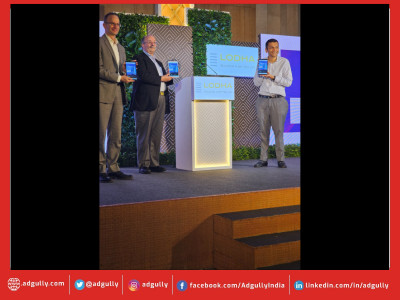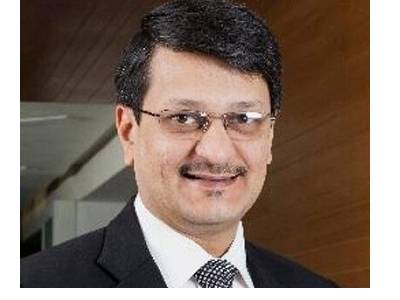Lodha and RMI demonstrate growth decoupled from emissions
Lodha, India’s largest real estate developer, builds to create a better life and a better future for the world and planet. The RMI-Lodha Sustainability Conclave was convened to celebrate the inaugural year’s achievements of the Lodha Net Zero Urban Accelerator. This landmark event saw the participation of a diverse cohort comprising industry stakeholders, policymakers, and representatives from academia. The conclave was curated to foster innovation and provide a platform to researchers, developers, designers, and members of the supply chain community to collectively deliberate on the net-zero roadmap for India’s built environment. It presented a strategic model for stakeholders to accelerate towards a sustainable future and champion India’s Lifestyle for Environment (LiFE) ethos.
The key findings that were presented at the conclave included the adoption of strategies that make cities heat resilient, advanced adoption of superefficient air conditioning and fans in India, enhanced usage of greener concrete mixes including recently launched LC3 cement, increased shared mobility and EV charging infrastructure, and promotion of renewable integration across all domains of the built environment. Additionally, the focal model of Palava will demonstrate a type of urbanization that emits the least carbon while coming into existence and during its life. This can guide expansion or rejuvenation plans for all new or existing urban centres.
Lodha Net Zero Urban Accelerator was initiated to cut down emissions for the built environment, thereby accelerating and maximising the sector’s contribution to India’s 2070 net-zero emissions target. The conclave presented the key findings of the programme, along with industry alignments on roadmaps in Embodied Carbon Reduction, Energy Efficiency, Renewable Transition and Clean Energy to achieve mainstreaming of net-zero in India’s built environment while demonstrating how economic growth can be decoupled from emissions.
The Accelerator also committed to partner with the start-up accelerator Third Derivative, founded by RMI and New Energy Nexus, for piloting next-gen materials and solutions at Palava. Further, it was declared that the field testing of Global Cooling Prize units has been initiated at Palava, which will help to catalyse the market adoption of next-generation room air conditioners. The engaging event witnessed the presence of prominent global personalities who play a significant role in upholding sustainability. These included Mr. Abhishek Lodha- MD & CEO at Macrotech Developers, Mr. Amory B. Lovins- Cofounder and Chairman Emeritus at RMI, Dr. Brian Motherway- Head, Energy Efficiency at International Energy Agency (IEA), Dr. Ajay Mathur- Director General at International Solar Alliance (ISA), and many industry leaders.
Sharing his views on the success of the accelerator, Abhishek Lodha- MD & CEO at Macrotech Developers, said, “We believe that the developers of the built environment have to take a pro-active leadership role in the world’s response to climate change and embrace a low/ net-zero carbon future. We are committed to becoming a net-zero carbon company by 2035 and have made substantial progress to achieve this ahead of schedule. We are keen to share our experience and learnings through this transition with industry and supply chain and are pleased that our partnership with the renowned Rocky Mountain Institute (RMI) has resulted in the Lodha Net Zero Urban Accelerator. This accelerator is a major step to drive collaborative, large-scale solutions for a greener future.”
Amory Lovins, Co-Founder and Chairman Emeritus at RMI expressed, “Decarbonizing the built environment holds great opportunity for India, where building operations account for about a third of the country’s energy use. Addressing this is not only important for climate action but also yields numerous additional advantages. India has made significant strides, leaping forward in its clean energy journey. When it comes to buildings and construction in India, there is also a lot of knowledge that goes back millennia on how to design buildings for the local climate. Through innovative and efficient designs, India is on its way to set benchmarks. Because efficient designs lead to better comfort and amenities and cost very little to run and make the occupants more happy, healthy, and productive, this fusion of traditional wisdom and modern innovation positions India at the forefront of sustainable growth on a global scale.”


















Share
Facebook
YouTube
Tweet
Twitter
LinkedIn